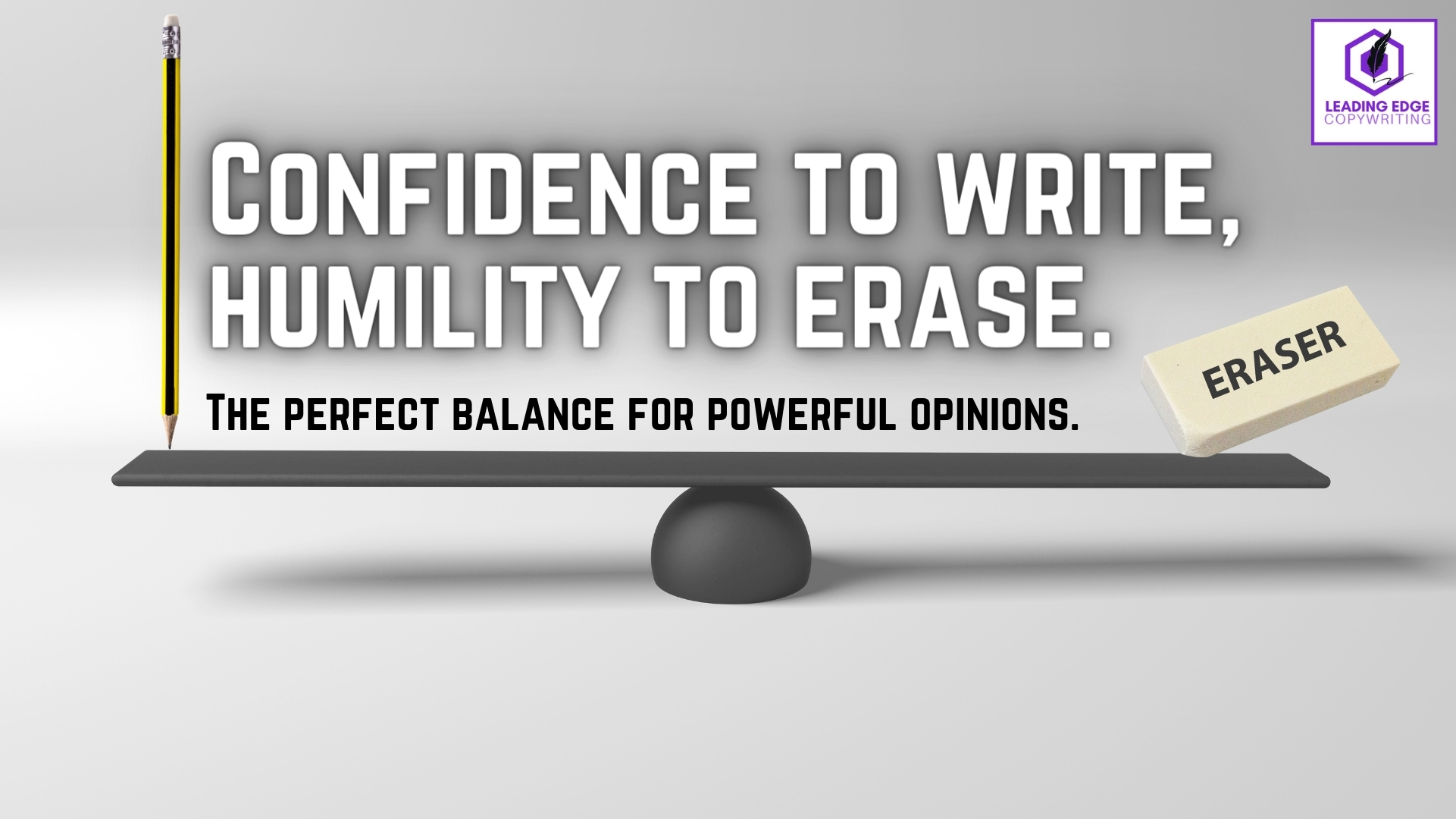
Humility and confidence often seem to be at odds in the realm of opinions. However, understanding the psychology behind our opinions can help us strike a balance between the two, leading to more informed perspectives and healthier discussions.
The Dunning-Kruger Effect
The Dunning-Kruger effect refers to a psychological phenomenon where people with limited skills in a particular area tend to believe they are more proficient than they are. It’s named after David Dunning and Justin Kruger, the psychologists who first described it. This effect explains why some people are overly confident about their opinions, even when they lack expertise or knowledge in the subject matter.
The Importance of Humility
Being humble enables us to recognise our shortcomings and accept the fact that our knowledge has its boundaries. It opens us up to new learning opportunities and makes us more receptive to differing opinions. By being humble, we can avoid the trap of the Dunning-Kruger effect and strive to educate ourselves continuously
Confidence vs. Overconfidence
While confidence is important, overconfidence can lead to an inflated sense of self-importance and the dismissal of other viewpoints. Confidence should be based on knowledge and experience, not ignorance. It’s crucial to be confident in what we know, but equally important to recognise what we don’t know.
Cultivating Humility and Confidence
So, how do we cultivate both humility and confidence in our opinions? Here are a few strategies:
1. Continuous Learning:
Never stop learning. The more knowledge we acquire, the more informed our opinions will be.
2. Seek Diverse Perspectives:
Discuss with individuals with different beliefs and perspectives. This can enhance our comprehension and question our existing assumptions.
3. Reflect on Our Opinions:
Regularly reflect on our opinions. Are they based on facts or biases? Are we open to changing them if presented with new information?
By understanding the psychology of opinions and striving to be both humble and confident, we can form better, more informed opinions and contribute to healthier, more productive discussions.
Remember, saying “I don’t know” and seeking knowledge is okay. After all, in the wise words of Socrates, “The only true wisdom is in knowing you know nothing.”
Now that you’ve learned about the psychology of opinions, it’s time to put this knowledge into practice.
Remember, the journey to better opinions starts with you. So, take the first step today.
Be humble, be confident, and most importantly, be open to learning.
In the world of copywriting, these qualities are not just desirable, they are essential.
So, start cultivating them today and see the difference it makes in your writing.
